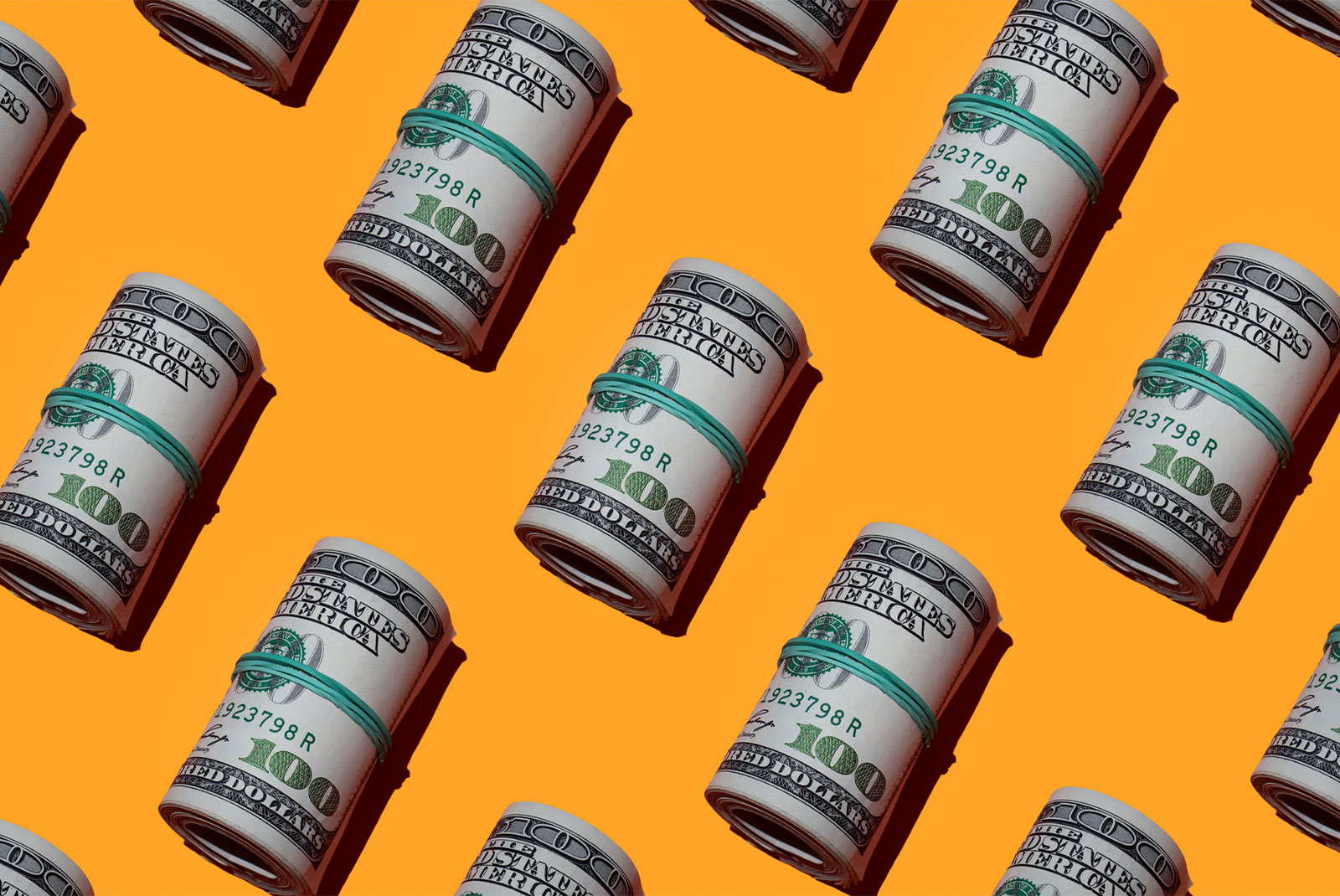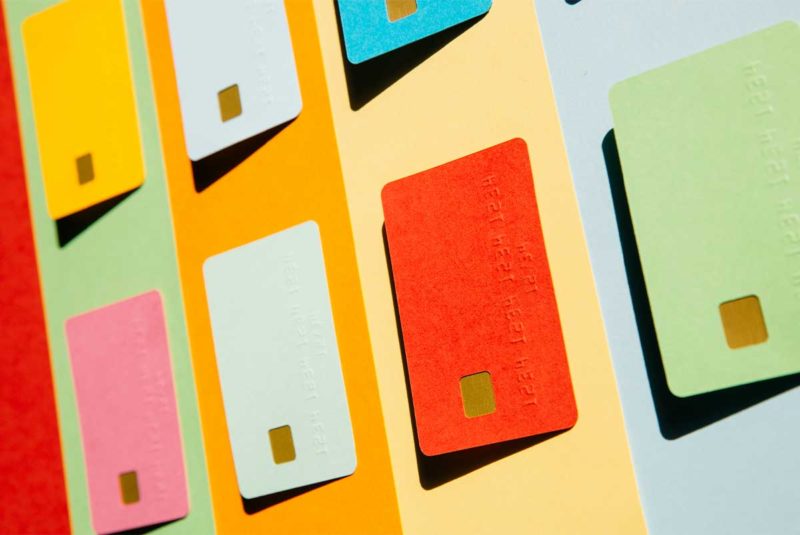There’s nothing easy about declaring bankruptcy. From the stress and restrictions to the damage to your credit, it can be a long road for your financial and emotional health.
But bankruptcy doesn’t have to be a life sentence. You can start rebuilding your credit with new, positive credit from a credit card.
We’ll let you know when it’s smart to apply for a credit card after bankruptcy, how to apply for one and how to improve your credit scores to increase your odds of being approved.
How Long After Bankruptcy Can You Get a Credit Card?
There are two types of bankruptcy for most consumers:
- Chapter 7 bankruptcy: Filing for this kind of bankruptcy will automatically get rid of most of your debt (excluding outstanding child support and most forms student loan debt, which you have to file a request for) and anything you own that isn’t exempt can be sold to pay off what you owe.
- Chapter 13 bankruptcy: Filing for this kind of bankruptcy, also known as a “wage-earner” plan, restructures your debt and requires you to repay some of your debt over time (usually 3 – 5 years) based on your disposable income and how much total debt you owe. Any remaining debt is forgiven.
The amount of time it takes to be able to apply for a credit card after bankruptcy depends on when the bankruptcy is discharged or completed. You won’t be able to apply for a credit card before then.
- Chapter 7 bankruptcy: Can be discharged in as little as 6 months.
- Chapter 13 bankruptcy: Isn’t discharged until your debt is repaid, so it can take up to 5 years or however long your repayment plan is.
Technically, you can apply for a credit card as soon as your bankruptcy is discharged, but you’ll likely have bad credit, making it harder to qualify. Rebuilding your credit before you apply will increase your chances of getting approved and receiving better terms.
How Does Bankruptcy Affect Credit?
Since lenders only receive a fraction of the money you owe when you file for bankruptcy, it can make future lenders wary of extending credit to you. Some lenders may turn away anyone with a bankruptcy on their credit reports while some may work with borrowers who have older bankruptcies.
Each type of bankruptcy affects your credit reports differently:
- Chapter 7 bankruptcy: You’ll have a clean slate, but it can severely damage your credit scores and could remain on your credit reports for up to 10 years.
- Chapter 13 bankruptcy: The effect on your credit scores isn’t as severe as a chapter 7, but it’s still damaging and can stay on your credit reports for up to 7 years.
How much a bankruptcy lowers your credit scores depends on your starting scores. The higher your credit scores, the more points you’ll lose.
While a bankruptcy can reduce your likelihood of getting approved for a credit card, its impact on your credit scores diminishes over time if you use your credit responsibly and build new, positive credit. Having a strategy in place to manage new debt can help you avoid another bankruptcy.
How Can You Rebuild Your Credit After Bankruptcy?
Recovering from bankruptcy is possible. Once you understand what led to your current situation, you’ll be better prepared for rebuilding credit.
Evaluate your financial habits
Before you take any action to rebuild your credit and apply for a credit card, take a good look at why you filed for bankruptcy.
Bankruptcy may be unavoidable in some cases, but we all have financial habits we could improve upon. Whether it’s being smart about your purchases, only taking on debt you can afford to repay or building an emergency fund, consider steps to avoid going bankrupt again.
If you haven’t already taken your pre-discharge debtor education course required by the U.S. Courts, view this as a learning opportunity rather than a legal obligation.[1] This course will teach you skills – such as budgeting and using credit wisely – to help you avoid financial pitfalls in the future.
Check your credit reports
Pull your credit reports from the three major credit bureaus – Experian™, TransUnion® and Equifax® – and verify that the accounts included in your bankruptcy are reporting accurate information. You can get one free report per bureau every 12 months at AnnualCreditReport.com.
Accounts included in your bankruptcy don’t have to be deleted from your credit reports. But they should indicate they were “included in bankruptcy.” You should also see no balances, past due amounts or late payments after the bankruptcy filing or discharge date.
Since you’ll need to wait for your credit reports to update, here’s when to check:
- Chapter 7 bankruptcy: 90 days after your bankruptcy filing date
- Chapter 13 bankruptcy: 90 days after your bankruptcy discharge
If you come across errors on your credit reports, even outside of the bankruptcy accounts, you’ll need to dispute them directly with the credit reporting agency. Wait to apply for new credit until the errors are cleared. Credit errors could make it difficult to qualify for new credit cards or loans and whether you receive good rates and terms or not.
Add new credit
Though you might be wary of credit after bankruptcy, one of the best ways to start rebuilding your credit is to get back on the horse.
New and positive uses of credit won’t erase your bankruptcy, but they can give your credit scores a boost. This may help offset the bankruptcy’s negative damage and improve your chances of being approved for a credit card.
A couple of easy strategies to help boost your credit scores before you apply for a credit card are:
- Become an authorized user: If you trust someone with well-managed credit cards, and they trust you, consider asking them to add you as an authorized user – with or without ever giving you a physical card to use. As long as the credit card account is used responsibly (even if it’s only used by the primary cardholder) it should add a new record of on-time payments to your credit reports. Just make sure the card issuer reports the authorized user account to the credit bureaus.
- Apply for a credit builder loan: These loans operate a little differently than traditional personal loans. Instead of giving you the money upfront, the lender holds onto the funds until you make your final loan payment. Your payments are often reported to the credit bureaus (depending on the lender) and may help you establish some positive credit history if you pay on time.
How Do You Get a Credit Card After Bankruptcy?
When you’re ready to apply for a credit card after bankruptcy, you’ll most likely start with a secured credit card as you may not qualify for a regular (unsecured) credit card. Search for credit card issuers that offer secured credit cards and apply online.
Secured cards require a deposit which acts as your credit limit. For example, if you put down a $500 deposit you’ll typically only be able to spend $500 on the card before it’s maxed out.
Secured cards generally come with fees and high interest rates. Most don’t offer rewards like points or cash back, but they can be a great way to build your credit.
Applying for credit cards does have the potential to slightly lower your credit scores because each application triggers a hard inquiry of your credit report from the creditor. Be selective about which card you apply for – and make sure you have a good chance of getting approved.
What Are the Best Credit Cards To Get After Bankruptcy?
To get an idea of which cards might be a good fit for you, check your credit scores to see which cards you qualify for. Look for pre-qualified credit card offers in the mail or online and try to find credit cards with low or no annual fees.
You should also check how many credit bureaus the card issuer reports to — the more the better. The major credit card issuers will report your card activity to all three bureaus. If a card issuer doesn’t report to any credit bureaus, don’t bother applying, as it won’t help you build credit.
Before filling out a credit card application, read the fine print to ensure the credit card issuer doesn’t have any restrictions when it comes to bankruptcies.
If you’re not getting approved for a secured credit card and aren’t able to become an authorized user on someone else’s account, you can look for no credit check credit cards. But these cards come with even higher interest rates and fees than secured cards so be careful. You don’t want to get caught in credit card debt you can’t repay and start the cycle all over again.
How Do You Avoid Bankruptcy in the Future?
To ensure you don’t fall into bankruptcy again, try to develop responsible credit management habits.
Here are a few basic rules to follow during the credit rebuilding process:
- Make on-time payments in full each month: Paying your balance in full each month can help you avoid interest charges on purchases. And you’ll give your credit scores a boost. Create calendar reminders or set up autopayments to stay on top of this.
- Monitor your balances carefully: Keep your credit card balances as low as possible as this can make it easier for you to pay your balance in full each month. It also keeps your credit utilization low which is a big part of how your credit scores are calculated.
- Limit your credit applications: Open new credit accounts gradually – and only as needed.
Improve Your Credit to Improve Your Chances
Applying for a credit card after a bankruptcy is possible and can help you rebuild your credit. But you may want to improve your credit scores before you apply to increase your chances of being approved.
Work on strengthening your financial habits, and soon you’ll get both your credit – and your life – back in shape.
The Short Version
- Bankruptcy doesn’t have to be the end of your financial freedom
- Being proactive about rebuilding your credit is a vital step in regaining financial stability
- A credit card can be a useful tool during this process
United States Courts. “Credit Counseling and Debtor Education Courses.” Retrieved June 2022 from https://www.uscourts.gov/services-forms/bankruptcy/credit-counseling-and-debtor-education-courses




